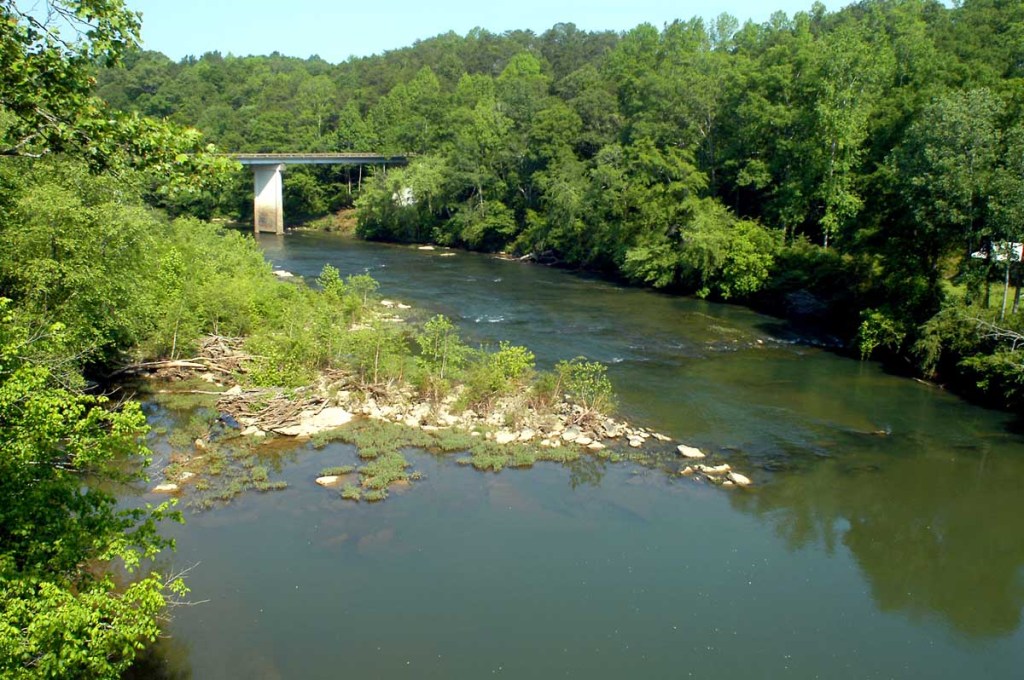Fish consumption advisories available
Published 5:15 am Saturday, August 24, 2019

- Mulberry Fork in Garden City.
The Alabama Department of Health in 2019 tested fish at 214 locations, with 132 of those deemed dangerous for consuming fish.
The fish consumption advisories recommended limits on the consumption of different types of fish found in Alabama’s rivers and streams. Twelve 12 of those advisories were listed in the Black Warrior River watershed, which includes Mulberry Fork, according to Black Warrior Riverkeeper.
In total, there are 196 of these health advisories across the state. More than half (53 percent) of the advisories are for largemouth bass, which is the most sought after game fish in Alabama and the official State Freshwater Fish of Alabama.
After catching and testing certain types of fish, the state issues these advisories to warn anglers not to consume fish that are contaminated with dangerous pollutants like polychlorinated biphynels (PCBs) and methylmercury. Many of the advisories warn the public not to eat any fish from the waterbodies, while others recommend limiting exposure to one or two meals per month, Black Warrior Riverkeeper reported
Black Warrior Riverkeeper’s partners at Coosa Riverkeeper have updated its Fish Guide program to include the 2019 advisories. Fish Guide was developed over several years as a response to surveys conducted with more than 125 anglers on the Coosa River to educate fishermen throughout the state and alert them to the fish consumption advisories in their watershed.
In addition to providing fishermen with supplementary information about the fish consumption advisories each year, the program also features a toll-free hotline for fishermen to immediately hear the advisories throughout the State. That hotline has now been updated with the 2019 advisories. Anglers can simply call 1 844-219-RISK to hear the current fish consumption advisories on all the waterbodies throughout Alabama. Dial 6 to hear the advisories for the Black Warrior River watershed.
“These advisories serve as a reminder that our backyard is polluted and potentially dangerous,” Curt Chaffin, policy director at the Alabama Rivers Alliance, said. “The state provides a vital public service by warning folks not to eat our contaminated fish, but we must understand this is a public safety issue. Fishing is a way of life in Alabama; generations of us have made countless memories and supported local economies from getting out on the water. We will always fish in the River State; we just need to make sure Alabamians have the information needed to do it safely.”
To learn more about the toxins in Alabama fish and rivers, and for more information about Fish Guide, visit CoosaRiver.org/FishGuide or AlabamaRivers.org/FishGuide. To learn more about fishing in the Black Warrior River watershed, please visit blackwarriorriver.org/fishing/


